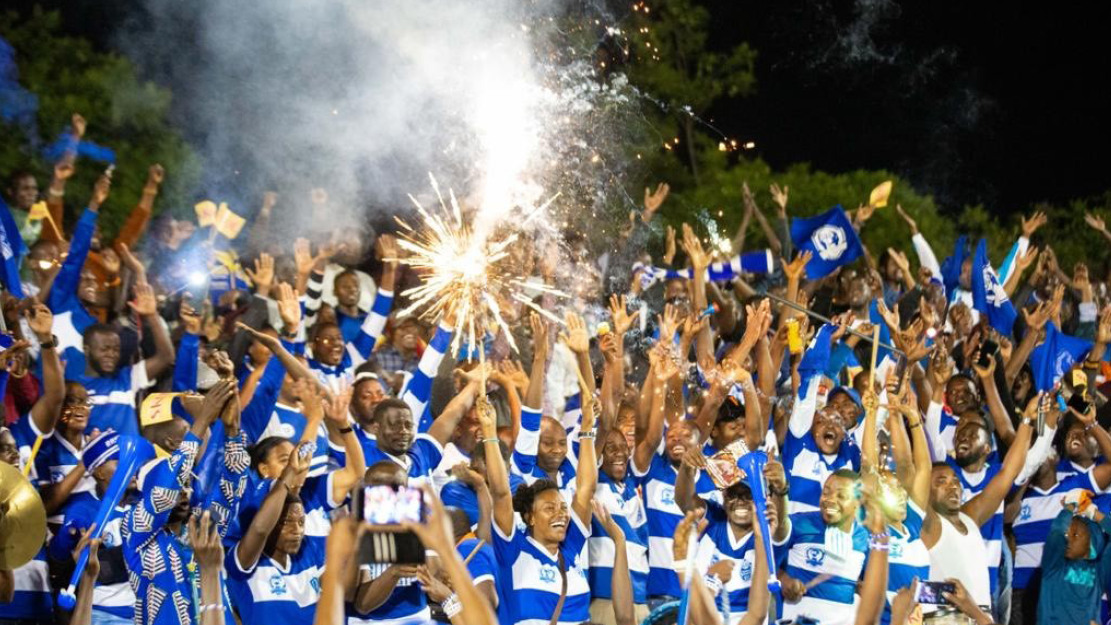In this article, FBIN talked with Patrick Namenye, General Secretary of Rayon Sports FC about the club’s recent developments, being the most popular team in Rwanda and the only competent citizen-owned club in the country. We also discussed how running a football club in East Africa looks like and what the current challenges and opportunities are.
Why did the club relocate many times between Nyanza, its motherland, and Rwanda’s capital city, Kigali?
The club was actually legally formed in 1965 in Nyanza, the southern part of Rwanda. The main reason for relocation was the majority of football supporters, and other football teams resided in Kigali, the capital city. So this enabled Rayon Sports to maximize its matchday attendance and gain access to better infrastructure and opportunities.
Then the club went into a financial crisis, which was rescued by the Nyanza District. However, the condition was that Rayon Sports had to move back to Nyanza since the District wanted to use the club as a channel to connect with the local fans and gave them a chance to see their home club easier. Yet, after three seasons, although the District injected some money, it was not enough for the club to operate efficiently and reach its full potential. The club was also unable to maximize its matchday revenue due to various limitations. For example, the stadium capacity in Nyanza was only 1000 seats compared to 25,000 in Kigali. Therefore, the club decided to move back to the capital city once again and is not planning to move back to its motherland anytime soon.
Interestingly, at every start of the season, the club, with its players, staff, and fans in Kigali, will spend one day visiting their homeland Nyanza, making it a lovely tradition.
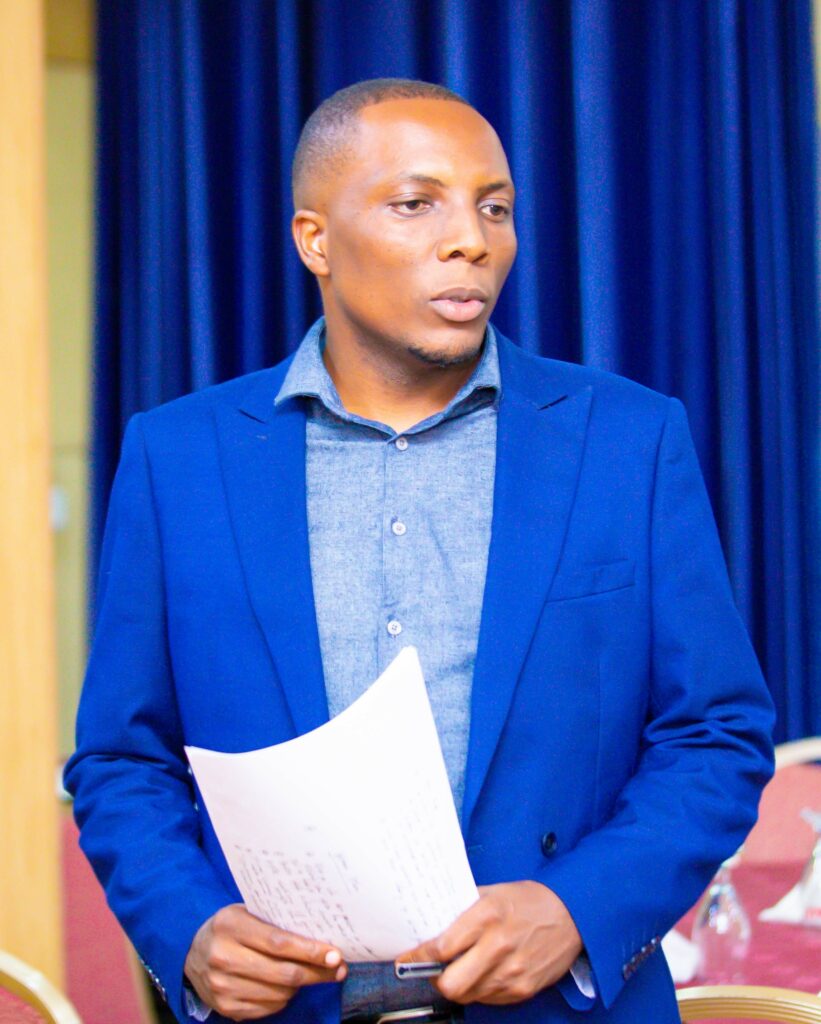
General Secretary of Rayon Sports FC
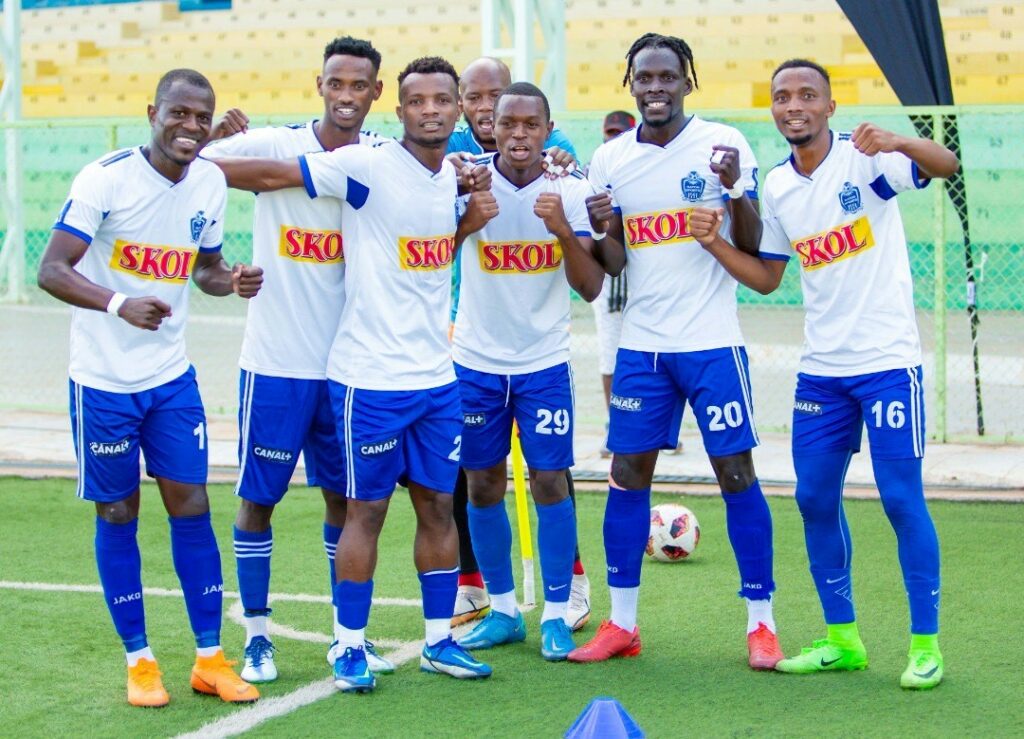
Rayon Sports is known as the most popular club in Rwanda with 80% of the football fans in the country. How is that possible?
First, Rayon Sports is the oldest football club in country; in other words, it was the club that started to bring football to Rwanda.
Next, thanks to the continuous on-pitch success, the club can attract the best players in the country, which is undoubtedly a huge contributing factor to our dominating fanbase. Throughout the club’s history, Rayon Sports has always been among the championship contender group. Only during the Rwanda genocide in 1994 did the club face some performance setbacks.
Last but not least, due to the neutral political standpoint, Rayon Sports wins the hearts of many Rwandan people.
“We are probably the only club in Rwanda that is not attached to any political institution and not so-called a ministry club. We are a people club and welcome every background.”
The club’s current business case and key revenue streams
The most crucial source of revenue for Rayon Sports is matchday ticketing, as broadcasting rights in the region are not yet lucrative.
The second income source is sponsorship, with their biggest main sponsor already renewed the contract worth around $1 million per season. Besides commercial value or ROI, Rayon Sports shares joint objectives with their sponsors to develop Rwandan football. The club and its key sponsor SKOL, a well-known worldwide beer brand, are constructing a training ground/academy to cultivate and export more Rwandan football talent to more developed markets such as Europe in the long term.
Surprisingly, the third source is the monthly membership contributions of 52 fan groups, each of which has at least 30 members. The minimum monthly subscription is $2; many supporters donate more. So these three contributors provide the club with the self-sufficient financial stability of approximately 100,000$ in revenue per season.
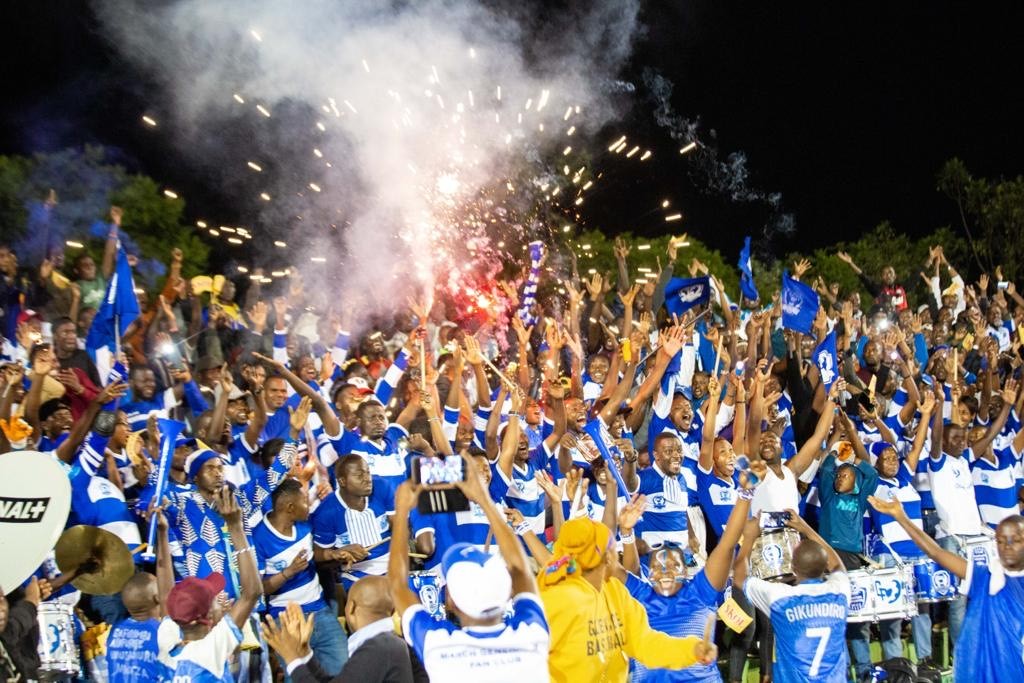
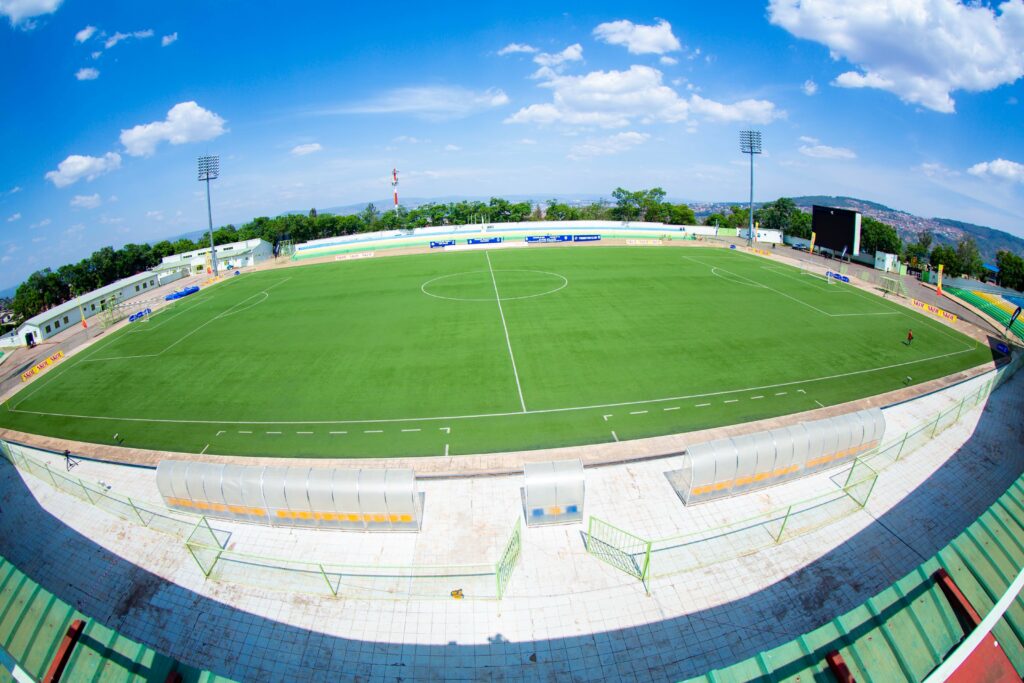
From a business standpoint, what would be the club’s unique selling proposition?
According to Namenye, the greatest asset or USP of the club is its fanbase, which is not only the biggest in the nation but also an unique group of supporters. Rayon Sports is the only competent member-owned football club in Rwanda. The fans are so engaged that the stadium capacity is almost always fulfilled. In fact, some other clubs would be happy to face Rayon because they can generate more ticket money from a packed stadium of Rayon’s fans. The fans also support and involve all kinds of the club off-pitch activities.
“Our fans are unique because they are involved in every activity of the club; whatever we do, wherever we go, they will go with us in full numbers. It is them who (legally) own the club and who keep our business going.”
What are the differences when operating a football club in East Africa compared to Europe, or rest of the world?
To answer this question, Patrick Namenye broke down into three aspects: business, sport expertise, and marketing.
Regarding business, football clubs in Europe have more revenue streams. They can generate money from TV rights and player transfer fees, which is not the current case here. In Rwanda/East Africa, most clubs solely rely on their owners and fanbase.
Regarding sports knowledge, the majority of European teams have educated and experienced managers with sports backgrounds.
Here, clubs are often run by businessmen who lack industry expertise. Therefore, the clubs struggle to develop their vision, education, and staff skills. The clubs also lack coaches who are qualified with international standards or have experience as ex-players.
Regarding sports marketing, it is still lagging because many businesses can’t see the ROI and massive potential of sports or football. Many companies don’t understand that sports can be a channel to market their products and services. Patrick Namenye explained that this is due to the professionalization of the league. Most of the leagues here are still at amateur or semi-pro levels. Hence, it takes time to prove to these sponsors that their brand visibility can convert to higher customer acquisition. For example, when Rayon Sports first sealed a deal with SKOL, it was 60,000$ per season, but now it has gone up to $1 million. Patrick Namenye hopes this would be a great industry example to show more sponsors and partners about the potential of football sponsorship in the coming years.
The big next things at Rayon Sports FC
After a three-season absence caused by Covid, African club competitions are fully back. Thus, the first and foremost objective next season is to ensure that Rayon can qualify and compete in the CECAFA and, ideally, the CAF Champion League. Undoubtedly, having a presence on the international scene will add so much value to the club, and thus business opportunities will follow.
Another key long-term project is building its own training ground with several business partners involved. The training ground will host not only team training or medical facilities but also hospitality services such as food and beverage, a swimming pool, to add value to its club members. The construction is planned to kick off next season.
Finally, starting this season, Rayon Sports has introduced its women’s team after 50 years of operation. Patrick Namenye strongly believes this will add more value to the club, the women in the region, and the community. Currently, the club has recruited over 30 players, including some international talents. There is no better time to support women, and Rayon Sports wants to ride this wave of women’s football development.


 Upgrade to Premium Now
Upgrade to Premium Now
